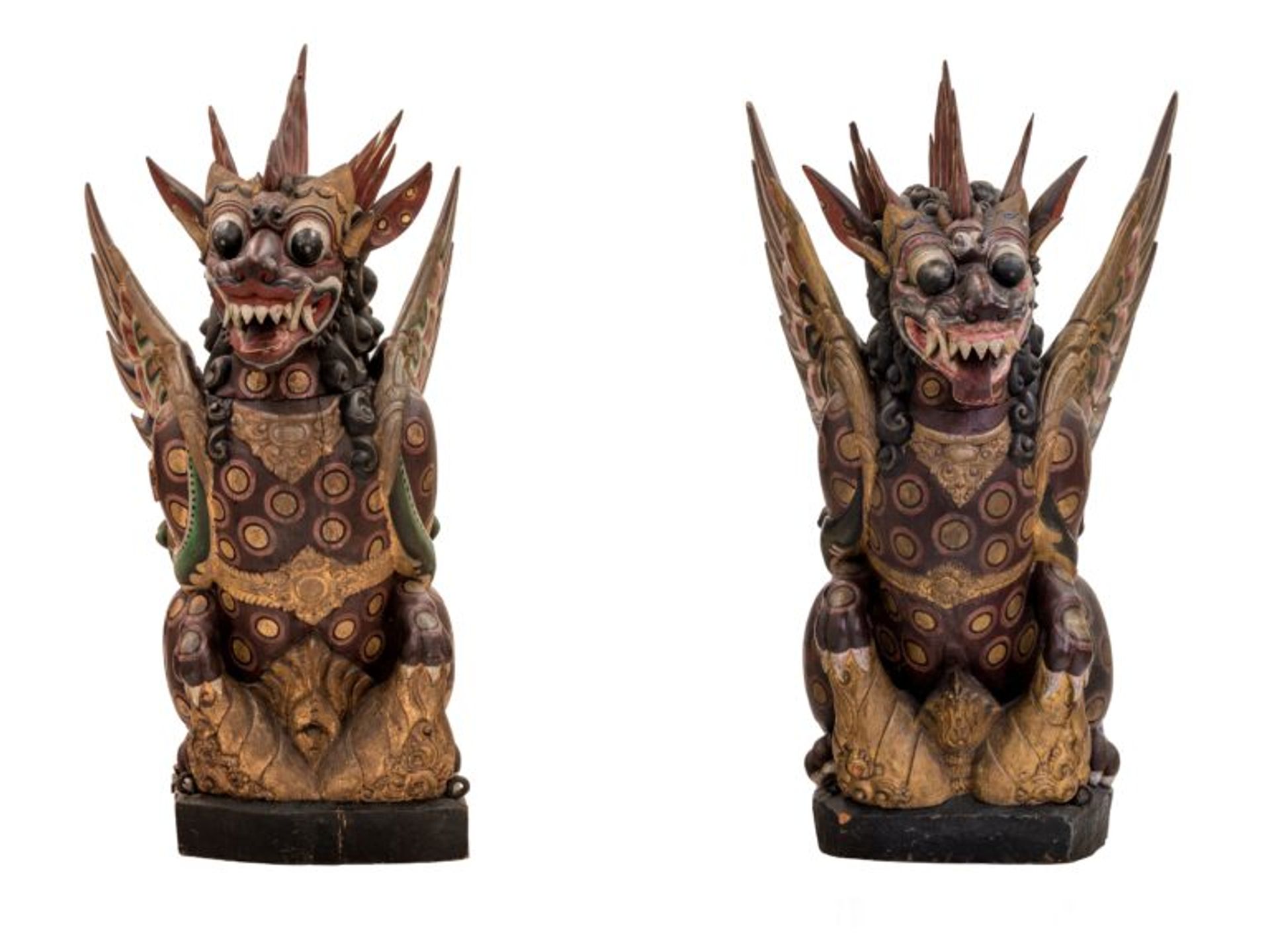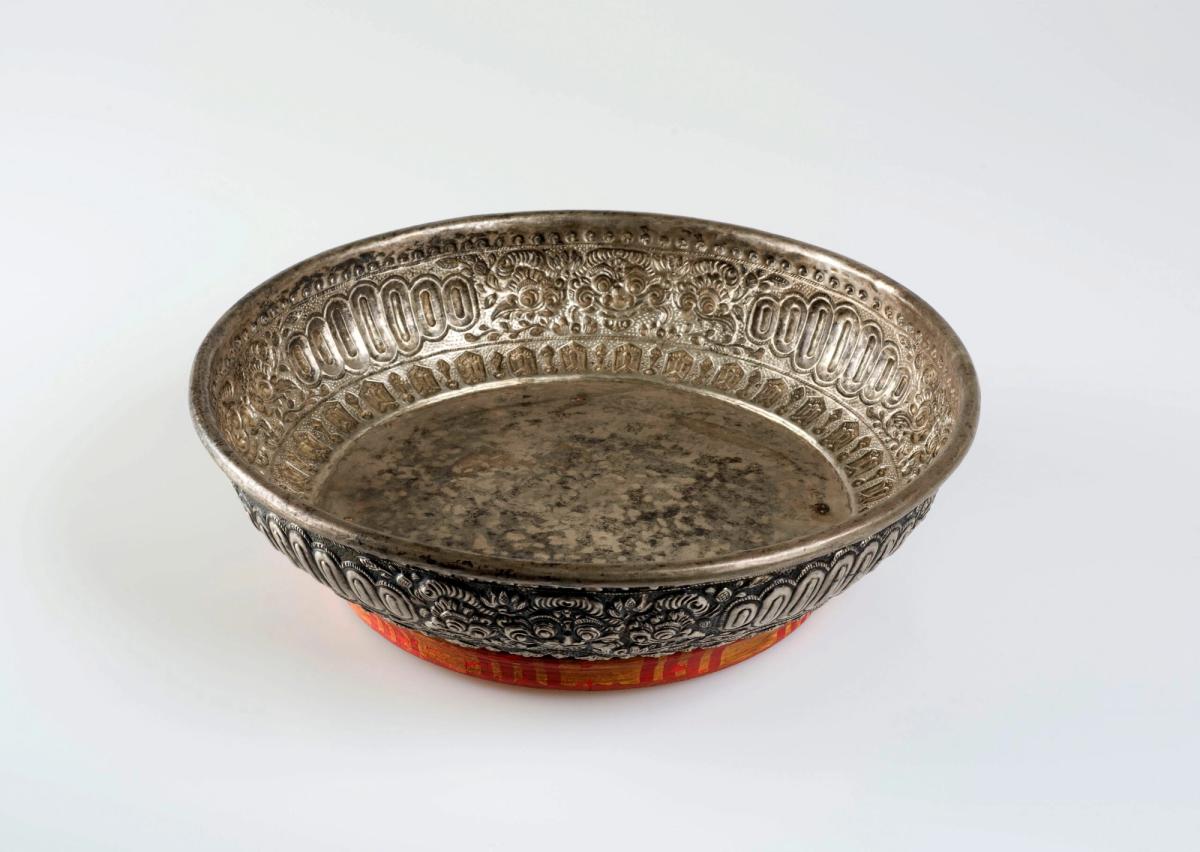The city of Rotterdam has become the first in the Netherlands to restitute objects from its local collection, returning 68 pieces unlawfully acquired from Indonesia, a former Dutch colony.
Although an influential committee previously recommended the unconditional return of cultural goods “lost involuntarily” from colonial contexts, this applied only to national collections, not to local ones. However, Rotterdam has made the decision to “correct past injustice”, setting a precedent for other councils both in the Netherlands and abroad.
Said Kasmi, Rotterdam's deputy mayor responsible for culture, told The Art Newspaper that it was the city’s responsibility to acknowledge and act on previous wrongs, in order to build a shared future with global partners. “Rotterdam council has previously apologised for its colonial past and now it is time to translate those words into deeds,” he said.
“The restitution of these art objects is an important step…These objects do not belong here in the Netherlands but in Indonesia. They are part of Indonesia’s cultural heritage and it is time for them to return to the place where they belong, and where they have meaning for the people.”

The two singas from the collection of the Wereldmuseum Rotterdam
Courtesy of the Municipality of Rotterdam
Rotterdam has handed back two singa—mythological lion—statues from the palace of Cakranegara on the island of Lombok, and 66 objects from South Bali, which were previously held by the Wereldmuseum. Research has established that the objects, part of the Lombok Treasure and the Puputan Badung Collection, were seized during military operations by the Dutch colonial army in the late 19th and 20th centuries.
“These pieces are more than artefacts; they are symbols of identity and resilience, embodying the rich cultural heritage of Indonesia,” said Mayerfas, ambassador for the Republic of Indonesia, in a press statement. “Cultural repatriation is a collective responsibility and an essential step toward healing and reconciliation.”
Marieke van Bommel, managing director of the Wereldmuseum, added that the objects “hold immense cultural significance for the Indonesian people and should never have been here.”
Rotterdam’s decision follows a Dutch national restitution of almost 500 objects to former Asian colonies in 2023, including the Lombok treasure, a key collection of modern art from Bali, the Pita Maha collection, and the 18th-century Cannon of Kandy.
Gert Jan van den Bergh, art restitution lawyer at Bergh Stoop & Sanders, told The Art Newspaper that the 2020 Dutch Council for Culture report recommended returning cultural goods in the national collection but that local bodies could also take its advice. “This initiative sends an important signal to other municipalities and demonstrates that local governments can proactively act in the restitution of cultural goods unlawfully acquired during the colonial period,” he said.


